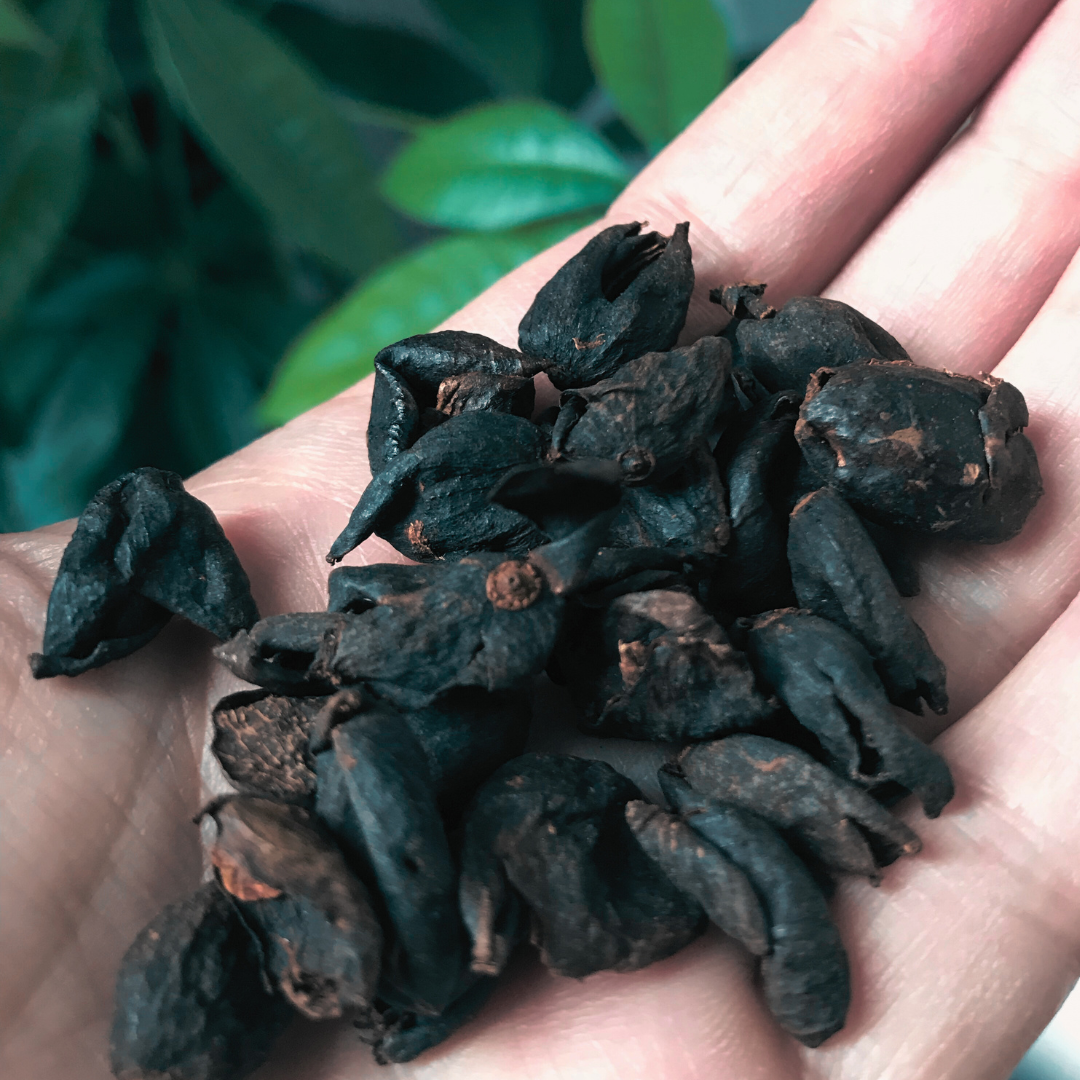The World of Cascara Tea: From Coffee Cherry to Delightful Brew
Introduction: In the world of beverages, there’s a treasure trove of flavors waiting to be discovered beyond the realms of traditional teas and coffees. One such hidden gem is cascara tea, derived from the dried husks of coffee cherries. Despite being a byproduct of coffee production for centuries, cascara has recently gained attention for its unique taste profile and potential health benefits. Join me as we delve into the fascinating journey of the humble coffee cherry, from farm to cup, and explore the wonders of cascara tea.
The Origin Story: Cascara, which means “husk” or “peel” in Spanish, is harvested from the coffee plant (Coffea arabica or Coffea canephora). Traditionally, coffee farmers would discard the husks after extracting the coffee beans. However, in recent years, there has been a growing appreciation for these discarded treasures. Cascara is primarily sourced from coffee-growing regions such as Ethiopia, Yemen, and Central and South America, where coffee cultivation thrives.
Harvesting and Processing: The journey of cascara begins with the careful harvesting of ripe coffee cherries. After harvesting, the cherries undergo a meticulous process to extract the coffee beans. Once the beans are removed, the outer husks are collected and dried either in the sun or through mechanical drying methods. This drying process is crucial as it helps to preserve the flavor and nutrients locked within the husks.
Flavor Profile and Brewing: What sets cascara apart is its distinctive flavor profile, which is a delightful fusion of fruity, floral, and tea-like notes. The dried husks yield a light-bodied brew with subtle sweetness reminiscent of dried fruits like raisins and cherries. Brewing cascara is a simple yet rewarding process. One can steep the dried husks in hot water, similar to brewing tea, or experiment with cold brew methods for a refreshing iced beverage.
Health Benefits and Nutritional Value: Beyond its enticing flavor, cascara also boasts a range of potential health benefits. Rich in antioxidants, vitamins, and minerals, cascara is believed to possess anti-inflammatory properties and may aid in digestion and immune function. Additionally, its moderate caffeine content provides a gentle energy boost without the jittery effects often associated with coffee consumption.
Cascara in Culinary and Mixology: Apart from its role as a standalone beverage, cascara is finding its way into culinary creations and mixology. Chefs are incorporating cascara into desserts, sauces, and marinades to infuse dishes with its unique flavor profile. Mixologists, too, are experimenting with cascara-infused syrups and tinctures to craft innovative cocktails and mocktails that captivate the senses.
The Sustainable Impact: Embracing cascara isn’t just about enjoying its flavors; it’s also about sustainability. By repurposing coffee byproducts like cascara, we can reduce waste and create additional revenue streams for coffee farmers. Moreover, cascara cultivation promotes biodiversity and contributes to the overall ecological health of coffee-growing regions.
Conclusion: In a world where culinary exploration knows no bounds, cascara emerges as a shining example of innovation and sustainability in the beverage industry. From its humble origins as a discarded coffee byproduct to its rise as a sought-after delicacy, cascara tea invites us to savor the flavors of tradition and embrace the possibilities of a more sustainable future. So, the next time you seek a beverage that’s both refreshing and invigorating, consider reaching for a cup of cascara tea and embark on a journey of taste and discovery.


